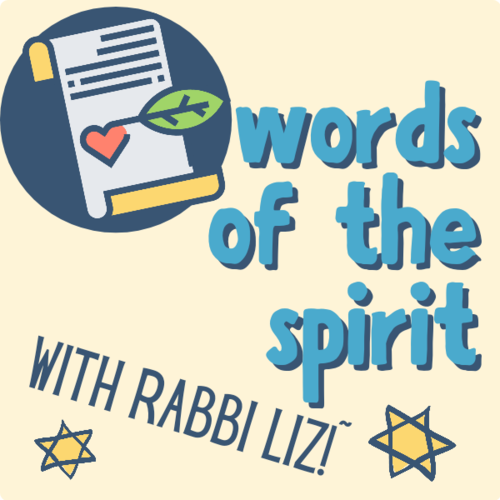The Tzipporah Models
02/01/2018 08:07:28 PM
| Author | |
| Date Added | |
| Automatically create summary | |
| Summary |
The first portion in the book of Exodus contains many familiar stories, ones that come with enduring iconic imagery: the Hebrew baby, who would become the great leader, floating in a basket on the river Nile; Moses slaying a cruel taskmaster who is beating a fellow Hebrew; the shepherd Moshe, awed by the bush on fire, called by the Divine voice to free his people back in Mitzrayim.
Woven through these stories are also the stories of the women in Moshe’s life. Two belong to his own family - mother Yocheved and sister Miriam, who had the foresight and the plan for saving the newborn boy – while two are from other tribes. The latter also play critical roles in his life’s journey.
The first is Pharaoh’s daughter, who plucks the baby in the basket from the river and brings him up, and the second is his wife Tzipporah, daughter of the Midianite priest Jethro, or Yitro. These story lines appear only briefly in the parshah, yet their actions propel our biblical hero forward in his own story line, one that is of course central to the story line of the Jewish people.
“Tzipporahs” abide in our communities, our families, our synagogues and havurot. Like these two biblical icons, they bring up Jewish children, marry Jewish partners, and live lives that are deeply impacted by Jewish life cycles and year cycles. Some chose to stay affiliated with their own tribes, some formally convert, yet all are living some form of the pledge offered by Ruth – another biblical woman from a different tribe who plays a central role in the Jewish story – who declares to her mother-in-law: “Wherever you go, I will go … your people will be my people.”
At the core of the Tzipporah-Moshe narrative is the notion that peoples of varied tribes can walk a common path, one of integrity, sacred experiences and shared humanity. We’ll hear about two of those this week as we encounter Parshat Shemot at the first of this secular New Year’s Shabbat mini-fairs (see announcement).
No contemporary Jewish life is without complexity. Terms like interfaith do not do justice to the nuances of our families’ lives. Even as I eagerly anticipate our conversation and our study, I celebrate and hold up – along with my colleagues and teachers in the Reconstructionist movement – the essential contributions of kin, friends and neighbours of all tribes whose lives and narratives are woven in with ours.
- Rabbi Liz
Mon, 7 July 2025
Special Messages from the Rabbi
Privacy Settings | Privacy Policy | Member Terms
©2025 All rights reserved. Find out more about ShulCloud







